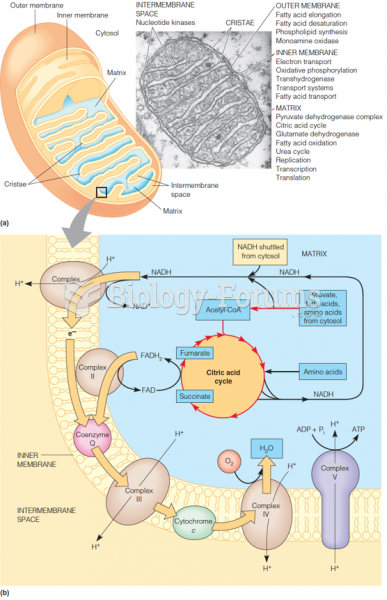Answer to Question 1
Correct Answer: 2
Rationale 1: Nebulized treatments are more expensive because of additional equipment, supplies, and personnel.
Rationale 2: The client in acute distress benefits from the administration of a nebulizer treatment because the medication is delivered over a relatively longer period of time. Suspension in liquid particles with the use of a mouthpiece or mask and the assistance of a professional provider ensure that the medication will get to the lung's surfaces.
Rationale 3: The side effects might actually be more severe, particularly nervousness and increased heart rate.
Rationale 4: The client might have difficulty using an inhaler at this point, but that is not the primary rationale for using the nebulizer technique.
Global Rationale: These breathing treatments may take up to 30 minutes to administer the drug so it may not work as quickly as a drug taken from an MDI or DPI; however, medication delivered in this fashion is often more effective because it is delivered over many inhalations that occur during the period of medication delivery. Nebulizer treatments are typically more expensive, adverse effect profiles are not changed, and ease of use is not a factor determining intervention.
Answer to Question 2
Correct Answer: 1
Rationale 1: The goal with the highest priority is for the medication to be effective in a specific, measurable way.
Rationale 2: Achieving normal sleep is a good goal, but many children sleep from exhaustion.
Rationale 3: Understanding the importance of the medication regimen is important but not the top priority.
Rationale 4: The client's mother needs to learn the appropriate use of the inhaler with a spacer by discharge, but this is not the highest priority.
Global Rationale: The goals of asthma pharmacotherapy are twofold: to terminate acute bronchospasms and to prevent or reduce the frequency of asthma attacks. A direct report from the client regarding easy of breathing is the best measure of this goal. Sleep and correct use of an inhaler are desired outcomes, but do not have highest overall importance.






